The 2015 Women’s Health, Masculinities and Empowerment: Advocacy and Leadership Training course has attracted 30 professionals, trainers and activists from the health, legal, research and human rights disciplines. All have a specific focus on advocating for improvements in women’s health, advancement and gender transformation.
Participants have come from diverse nations in the Africa region, including Uganda, Kenya and Tanzania in eastern Africa; Rwanda in east-central Africa, the Democratic Republic of Congo in central Africa; and Zambia, Zimbabwe and South Africa in southern Africa. Each participant has a different expectation from the course.

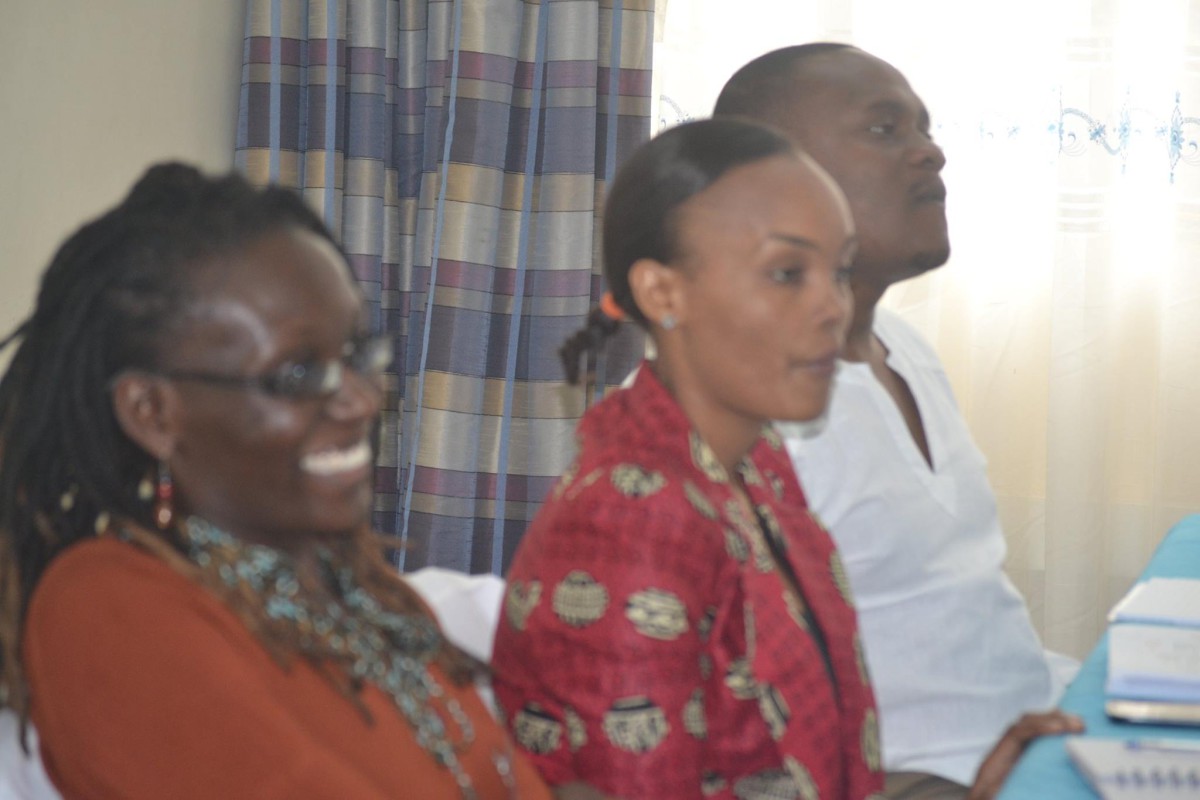
“I am keen to gain a more comprehensive appreciation of integrating women’s empowerment and masculinities in HIV programming”, says Masimba Nyamucheta, who enrolled because of his work as Project Officer for the Zimbabwe National Network of People Living with HIV (ZNNP+).
Sarah Gitome, a medical doctor and epidemiologist, found that gender norms pose a significant barrier to the uptake of reproductive health services among many women in Kenya. She hopes the course will assist her in very important ways.
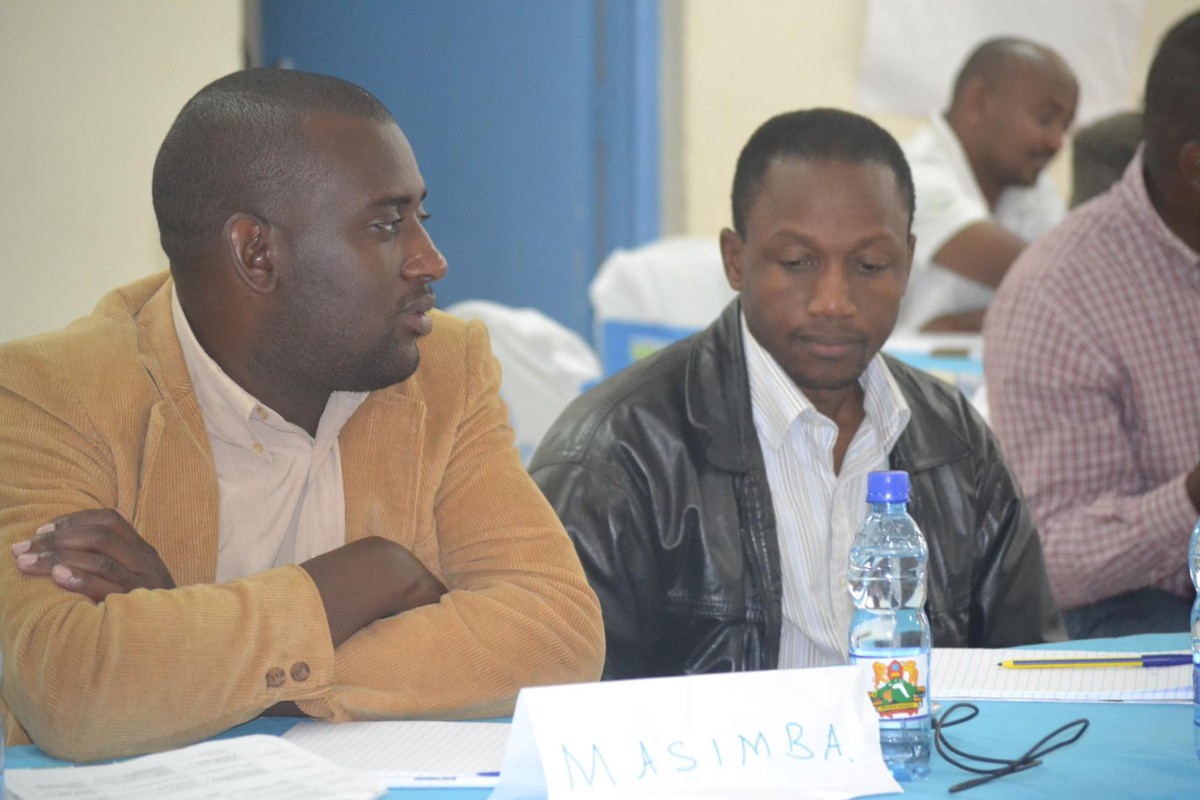
“I want to learn how to make gender norms considerations in designing reproductive health programmes and research and to enhance my understanding of how to navigate these norms in order to make our programmes more effective. I also want to understand how to generate discussions about transformative gender norms at all levels to ensure that our reproductive health programmes achieve long lasting changes”, she explains.
Solomy Awiidi, is a human rights lawyer who works for a feminist and women’s rights organisation in Uganda. “I want to learn more about women’s health and the link it has to masculinity (men and their roles), as I have realised that women’s rights and equality will be easier to achieve with men on board”, she says when asked about her participation in the course.
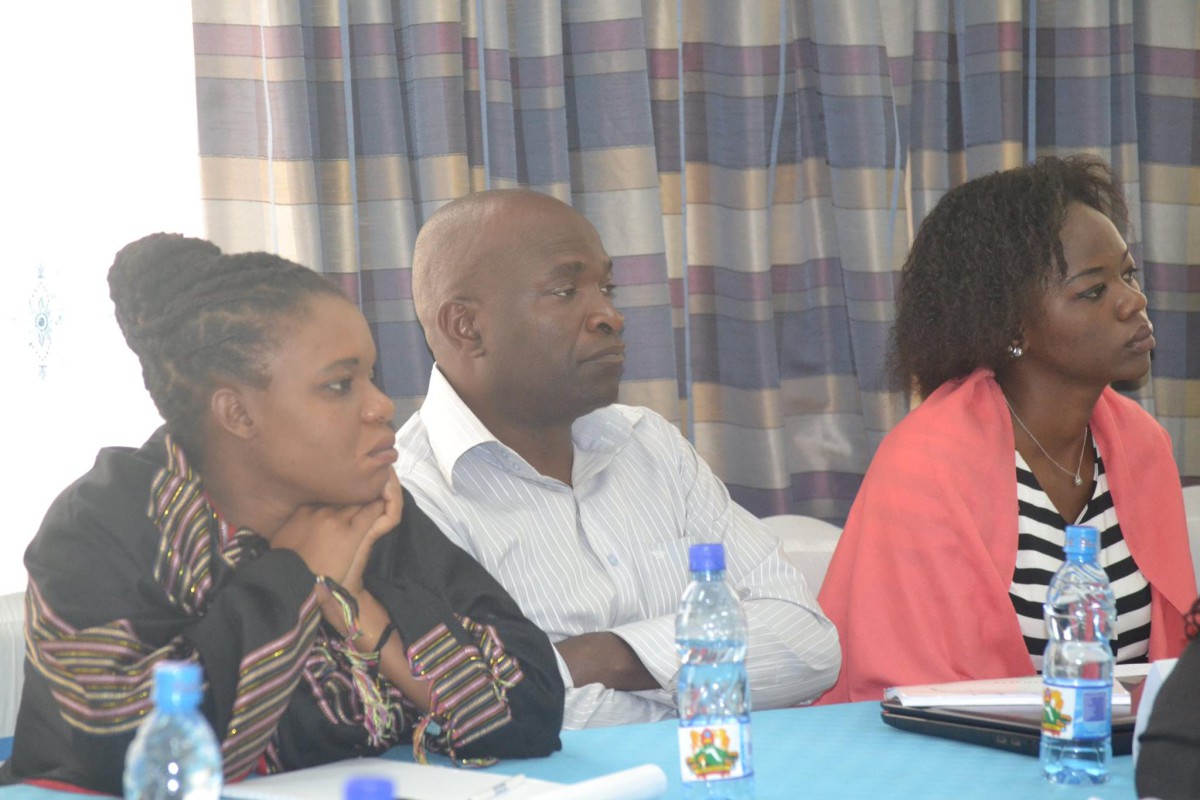
“Women’s Health, Masculinities and Empowerment: Advocacy and Leadership Training” is an intensive short course at the intersection of women’s health and empowerment. Through the use of inter-disciplinary case studies and exercises participants are taught how to build women’s empowerment and gender norms transformation into health programmes and advocacy activities to maximise their effectiveness.
“The main purpose of the course is to provide participants with core knowledge and skills from several disciplines on how to improve women’s health and well-being globally”, says Dr Paula Tavrow, co-director of the University of California’s Centre of Expertise on Women’s Health and Empowerment.
“Upon completion of the course, it is expected that the 30 participants will be equipped to explain women’s health disparities globally, apply interdisciplinary empowerment frameworks, use analytical tools to assess case studies, develop grant proposals in women’s health & empowerment and to identify various career paths and resources”, she explains.
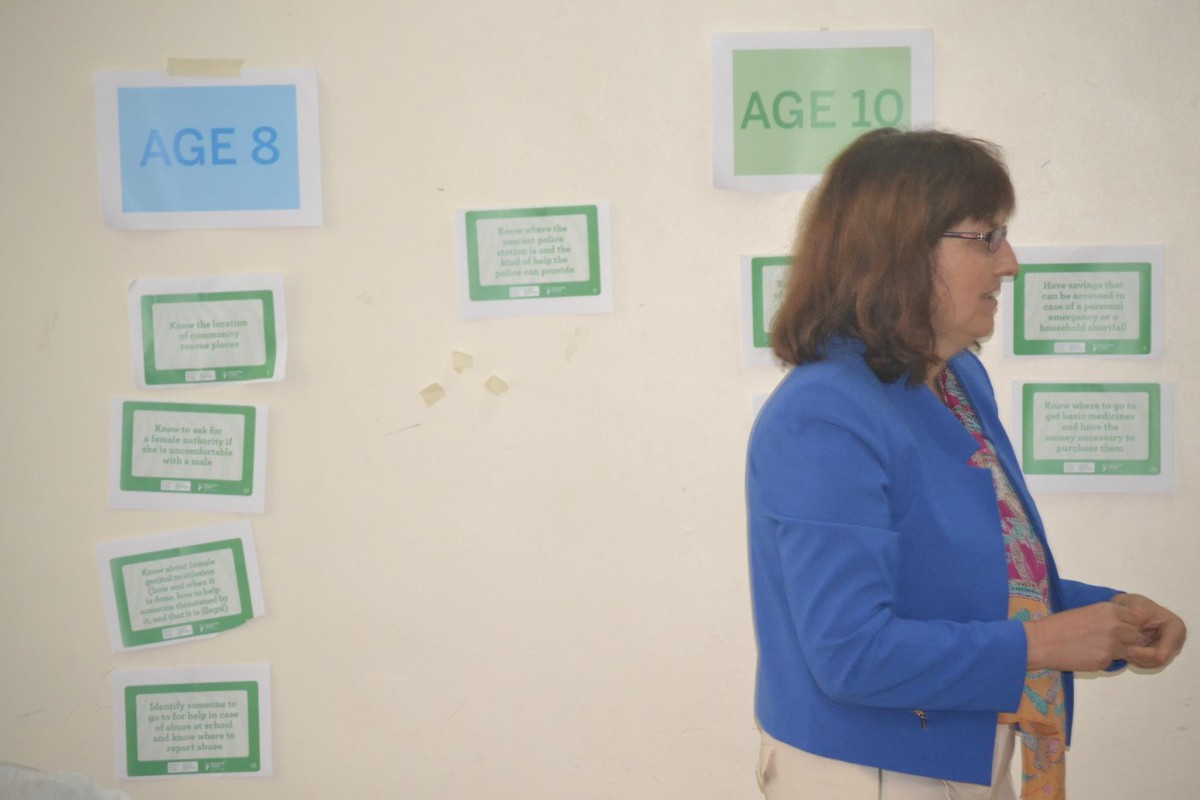
“By prioritising women’s health concerns, rights and empowerment, and engaging various multi-sectoral role-players in health services and information provision, we can positively influence changes in society that will, in turn, result in sustainable improvements in the health and well-being of women, globally”, adds Itumeleng Komanyane, manager of the International Programmes and Networks unit at Sonke Gender Justice.
The course is now in its second week and is being conducted at Kenyatta University, in Nairobi, the capital city of Kenya. It’s being offered in partnership with Sonke Gender Justice, the University of California’s Centre of Expertise on Women’s Health and Empowerment and MenEngage Africa.
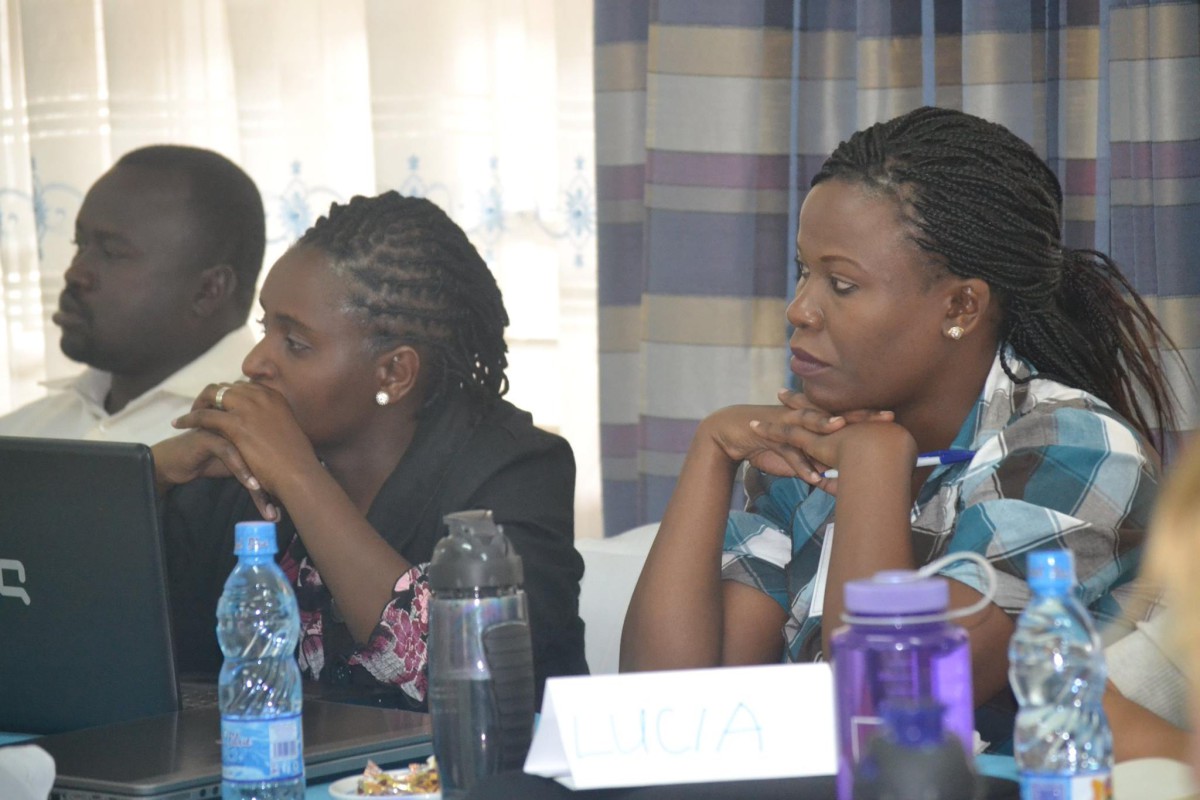
The three partners came together to develop the course out of the realisation that across the globe, advances in women’s health are impeded by poverty, limited access to educational and economic opportunities, gender bias and discrimination, unjust laws, and insufficient accountability by governments. All of these forces intersect to restrict access to vital services and information that women and men need to improve their lives.
[Text written by Khopotso Bodibe. Photos taken by Beverlyne Kassim.]